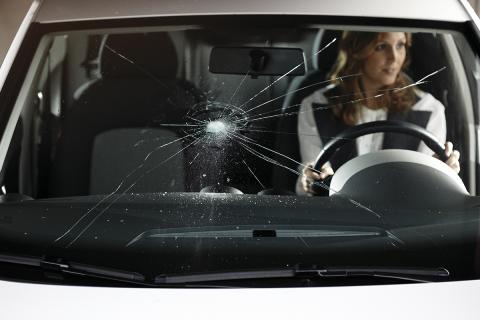To bring ITV tests closer to remote places and vehicles that cannot circulate on public roads and mobile ITvs have been ‘invented’
Do you know that if Muhammad does not go to the mountain it will be the mountain that moves (more or less…)? The interpretation of this popular saying is the reason for mobile ITV, the solution for all those who do not have an easy time transferring their vehicles to the inspection station.
Data from the Spanish association AECA-ITV reveal that in Spain there are more than 400 ITV stations spread throughout the national territory. The goal is to have a network that is sufficient in number and regularly distributed so that access is easy for the majority of people.
However, there are times when getting there is not so easy, either because the person responsible for maintaining the car lives in a remote area (usually rural), or because the type of vehicle makes it difficult to travel long distances, or both. things.
To cover these needs, mobile ITV stations are used.
Mobile ITV
Mobile Technical Vehicle Inspection stations are a service offered by some traditional stations that seek to bring this service closer to all citizens.
The idea is simple: if the vehicle cannot reach the station, the station will be the one to travel to the vehicle.
“Normally, the companies that have this service carry out routes through different town halls to cover those rural areas where there are no ITV stations nearby,” they explain from AECA-ITV. It is common for the mobile ITV service to be provided by appointment, after which the vehicle will be transferred to the agreed place; There are also mobile ITV that offer ITV service at home.
What type of vehicles can request a mobile ITV
Although the mobile ITV can carry out the inspection of any type of vehicle, a priori, they are designed for mopeds, agricultural tractors, agricultural machinery, agricultural trailers and special vehicles destined for works and services that have limited speed (thus their circulation on highways). and/or motorways) and even driving on public roads.
The tests are the same as those carried out in a conventional station, that is to say, it is checked that the vehicles meet all the safety requirements required for driving, including tires, lights, shock absorbers, brakes… also the mandatory emissions tests for all vehicles. vehicles except for electric ones.
Types of mobile ITV and price
There are different types of mobile units depending on the type of inspection to be carried out.
- Large mobile units are usually for cars, vans and motorcycles. Normally these carry all the necessary equipment inside and lower access is achieved thanks to the elevation of the vehicle. The inspector, through a lower displacement system, performs the checks that are carried out in the pit. They are complex units and are usually left fixed for several days in a single place
- The smaller mobile units are designed for agricultural and moped inspection (top photo). They carry the necessary equipment to carry out the tests that guarantee that this type of vehicle meets the safety requirements
Regarding how much it costs to pass the inspection to your car in a mobile ITV, the answer is simple: exactly the same as in a conventional station (in this link you have the updated prices).
The DGT uses them for road tests
Mobile ITVs have long been a tool used by the DGT to verify the status of vehicles in circulation.
Traffic has several mobile units that the Civil Guard agents verify the status of headlights, direction, suspension…











